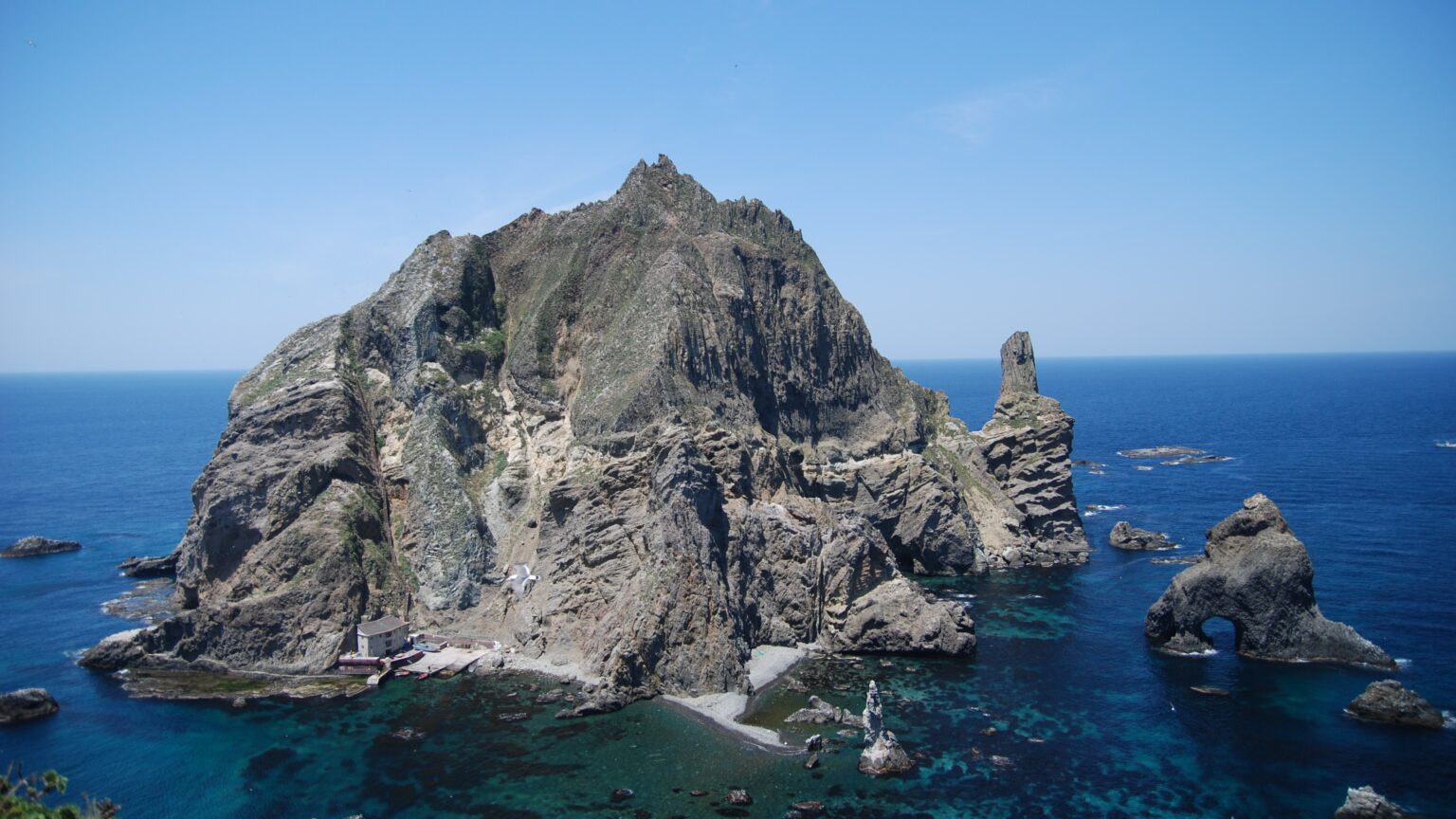
‘The dispute over the islands has long sparked patriotic fervor on both sides, leading to domestic demonstrations in both South Korea and Japan…While contentious, the issue isn’t new, and the event didn’t spark a new debate. Both sides have shown restraint, and it is unlikely to greatly impede the future of South Korea–Japan relations.’
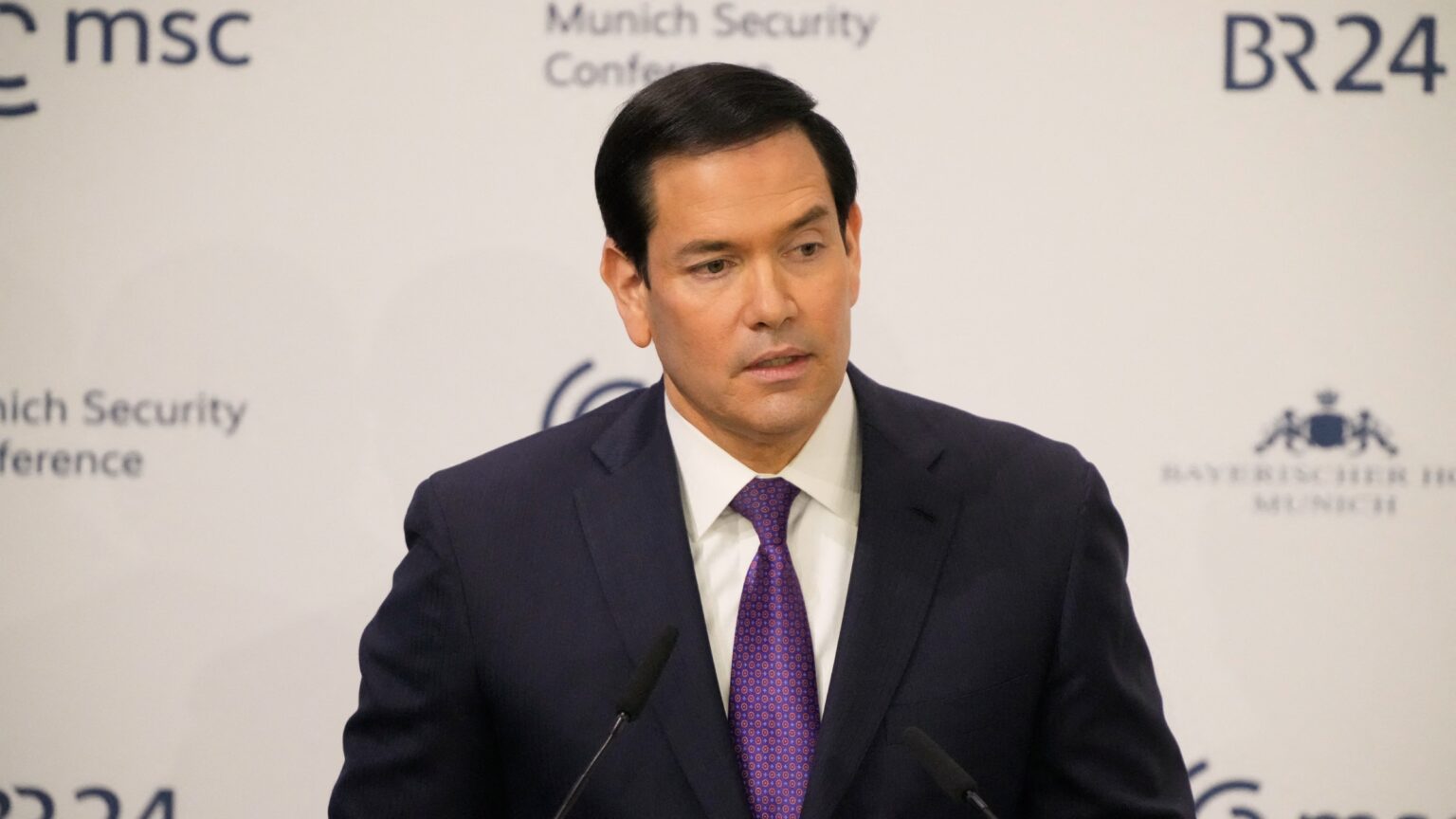
‘In the coming years, the main fault line in European politics will be less political and more historiographic: between those who see the West as having started 2000 years ago, and those who see its birth as intrinsically tied to a 20th-century political model.’
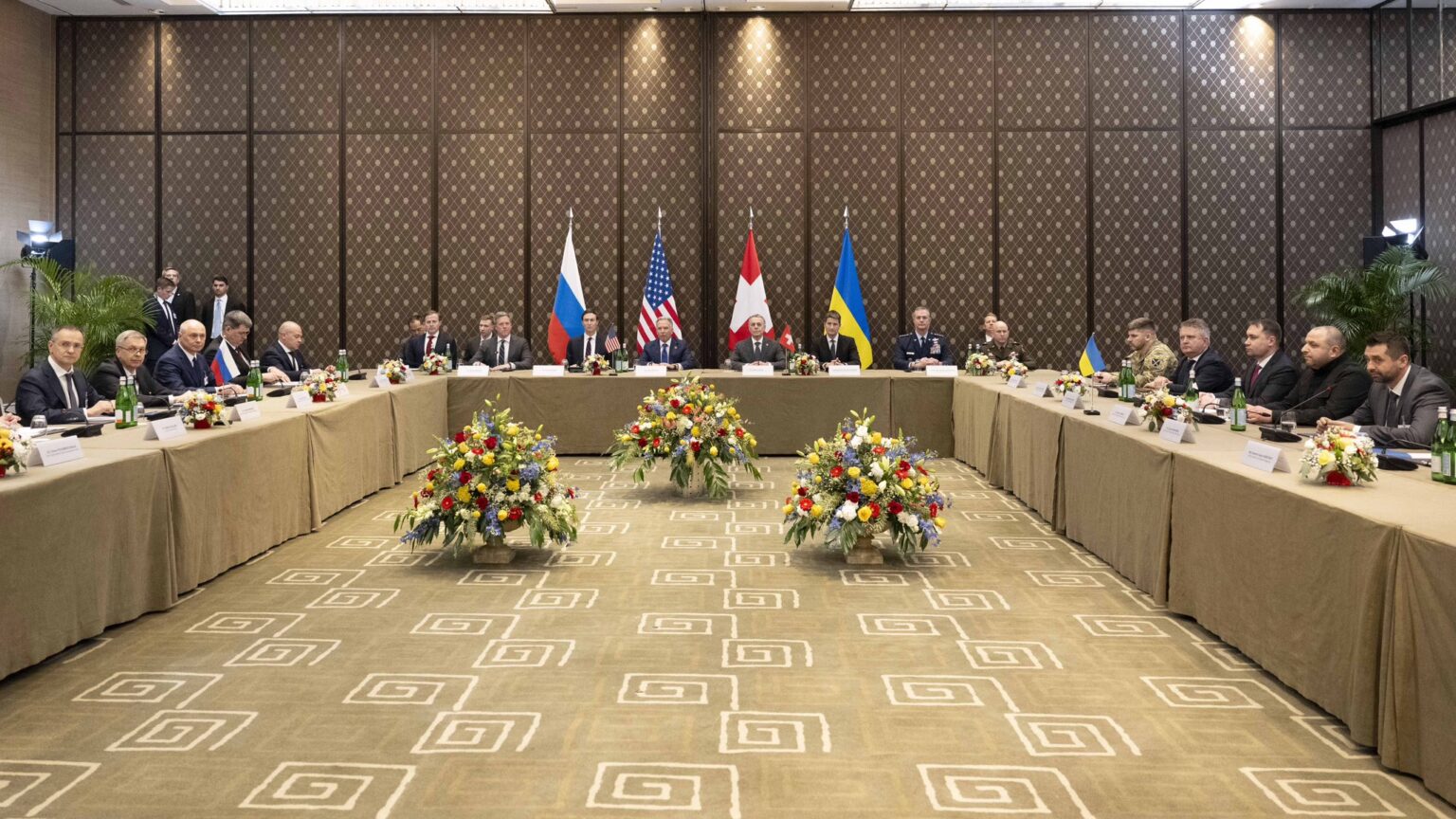
As the war in Ukraine enters its fifth year, one lesson is becoming increasingly clear: diplomacy only works if it is actually pursued. While Europe clings to moral posturing and isolation, Washington has returned to sustained engagement with both sides—slowly narrowing positions and proving that persistent negotiation, not silence, creates the conditions for peace.

‘The fact that the Church is telling us to hear, as opposed to properly guide, those who have a same-sex orientation or claim that God created them inside the wrong body, thereby having the full right to surgically alter it, has become an endorsement of an ideology that also preys on minors.’
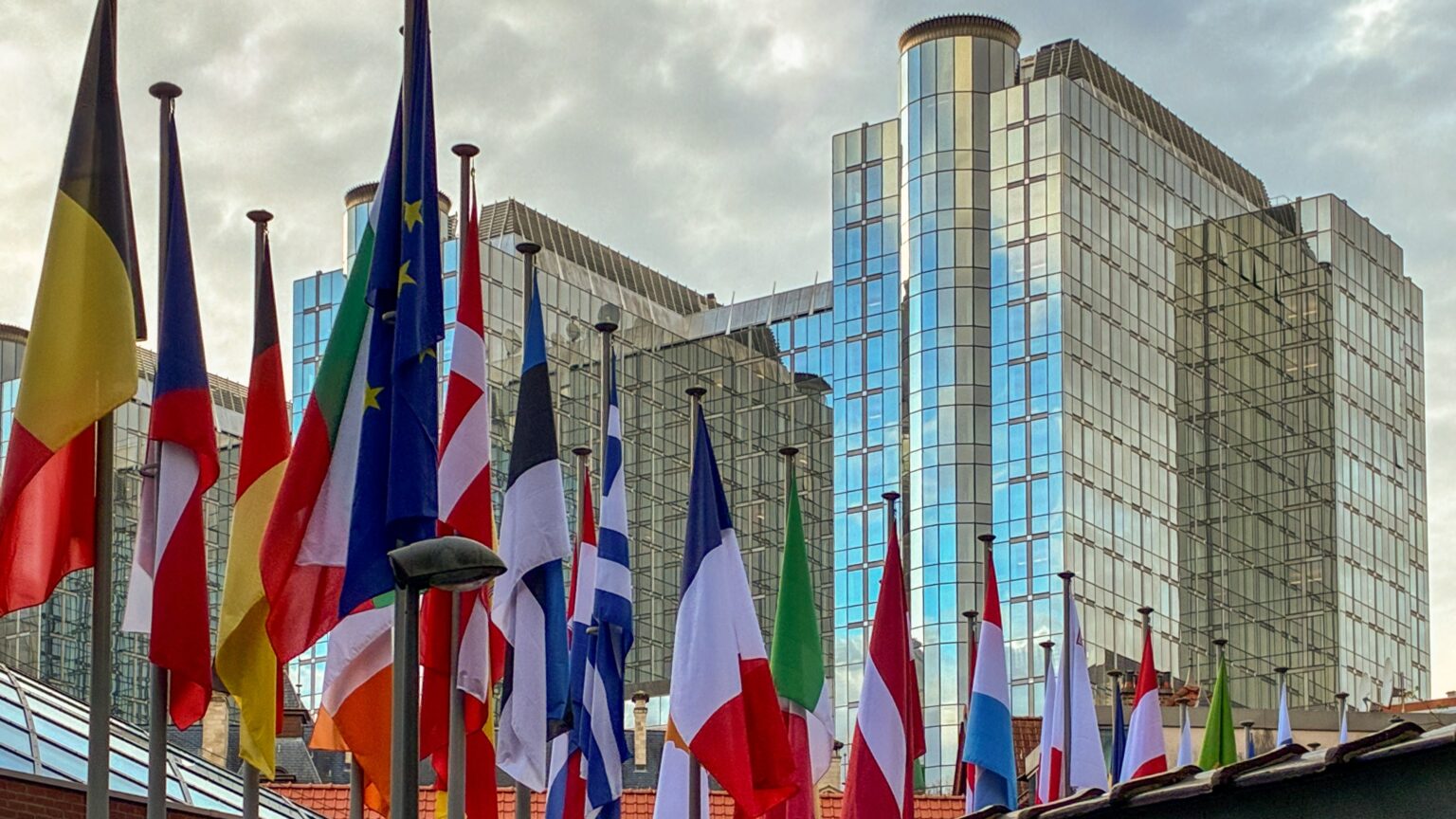
‘Europe does not simply exist in a vacuum. It is not a technocratic project, but a civilizational community built on clear foundations, foremost among them its Judeo–Christian heritage. European integration must build on these foundations, not dismantle them.’
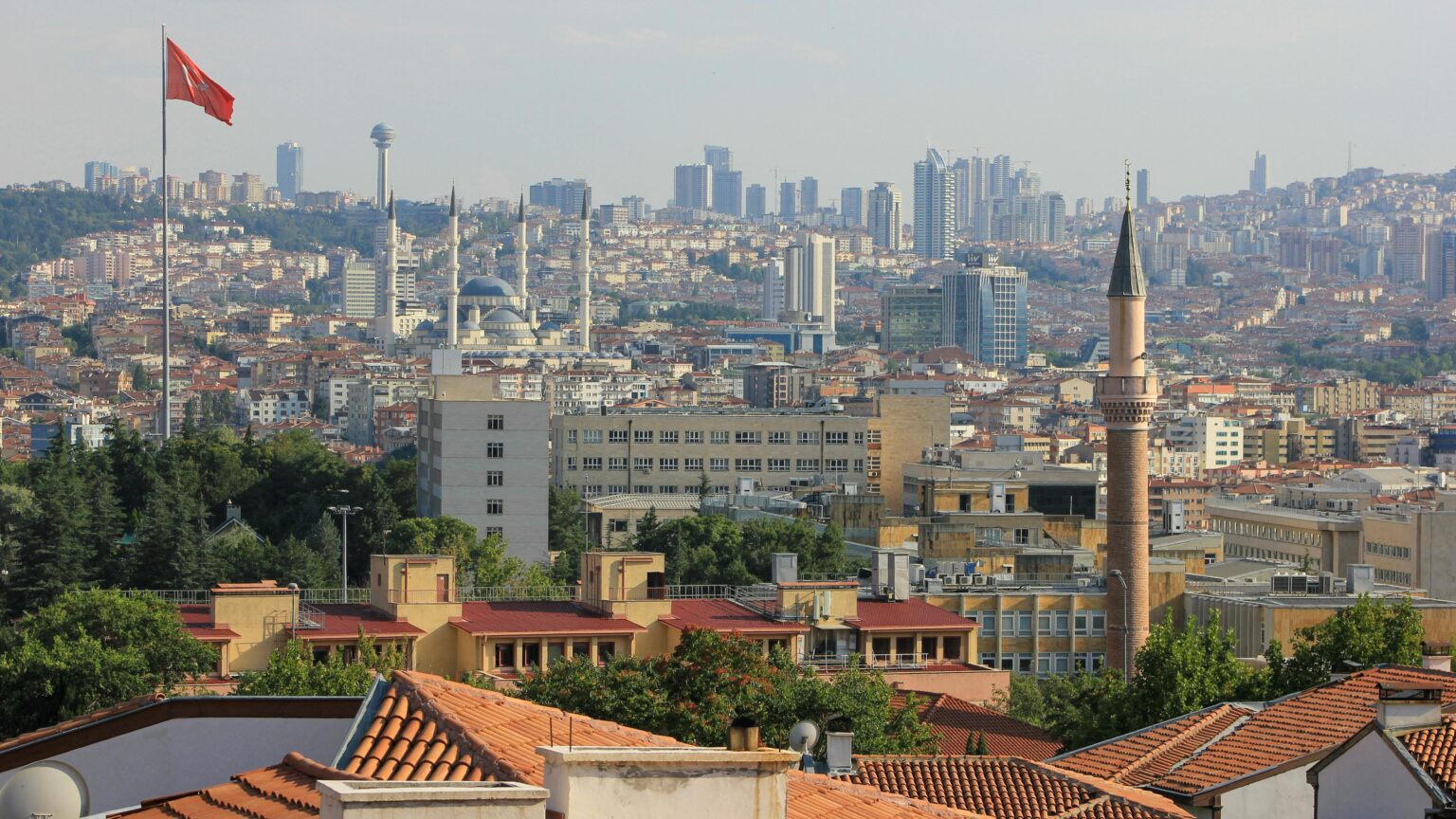
‘Power, after all, begs to be balanced, as realist theory holds. As Kenneth Waltz wrote in his final essay: “the very acts that have allowed Israel to maintain its nuclear edge in the short term have prolonged an imbalance that is unsustainable in the long term.”’
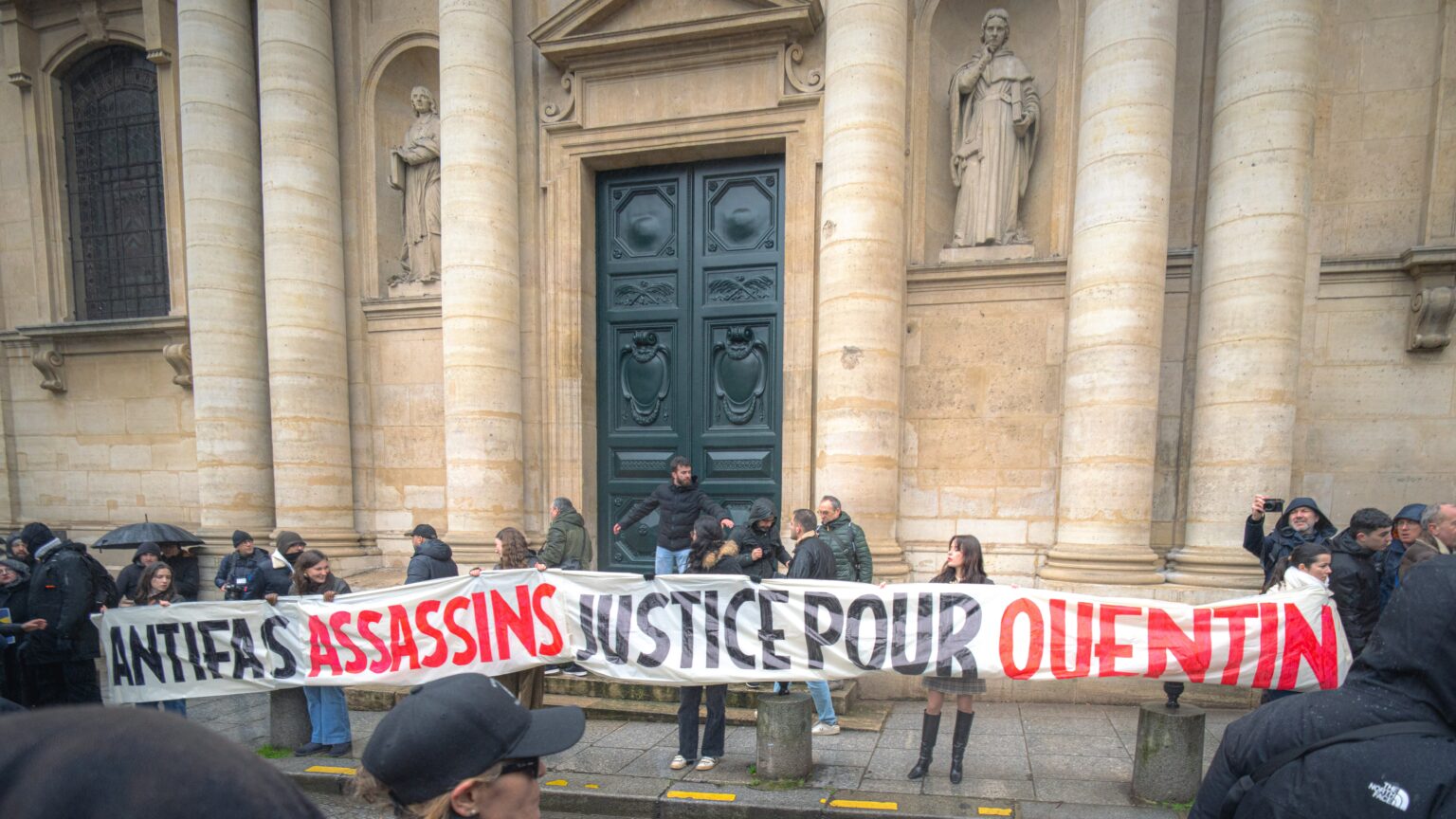
‘The radical leftist kills the right-wing man; the moderate leftist is content to applaud.’

‘The immigration issue poses immeasurable challenges to our continent—not only financial and demographic, but also cultural. We must be honest: many migrants in Europe have brought with them cultural norms that are not compatible with Western societies. The treatment of women is one clear example.’
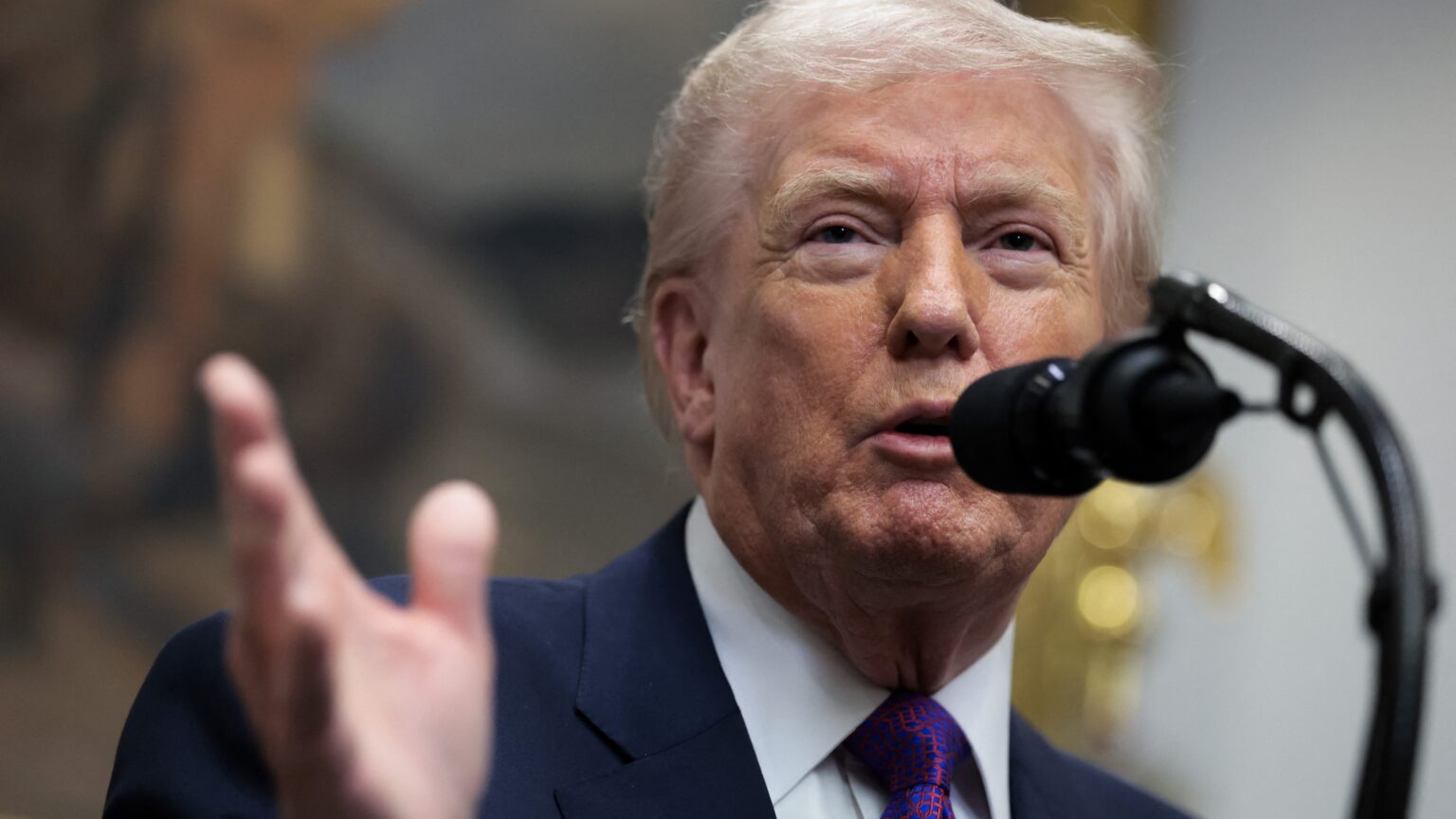
‘Is Donald Trump really weakening Europe? Or is it the fact that we have admitted millions of people whom we are unable to integrate? Over a 50–100-year horizon, this will fundamentally reshape our societies.’

The division within Europe inevitably returns, as American power and interest recedes.
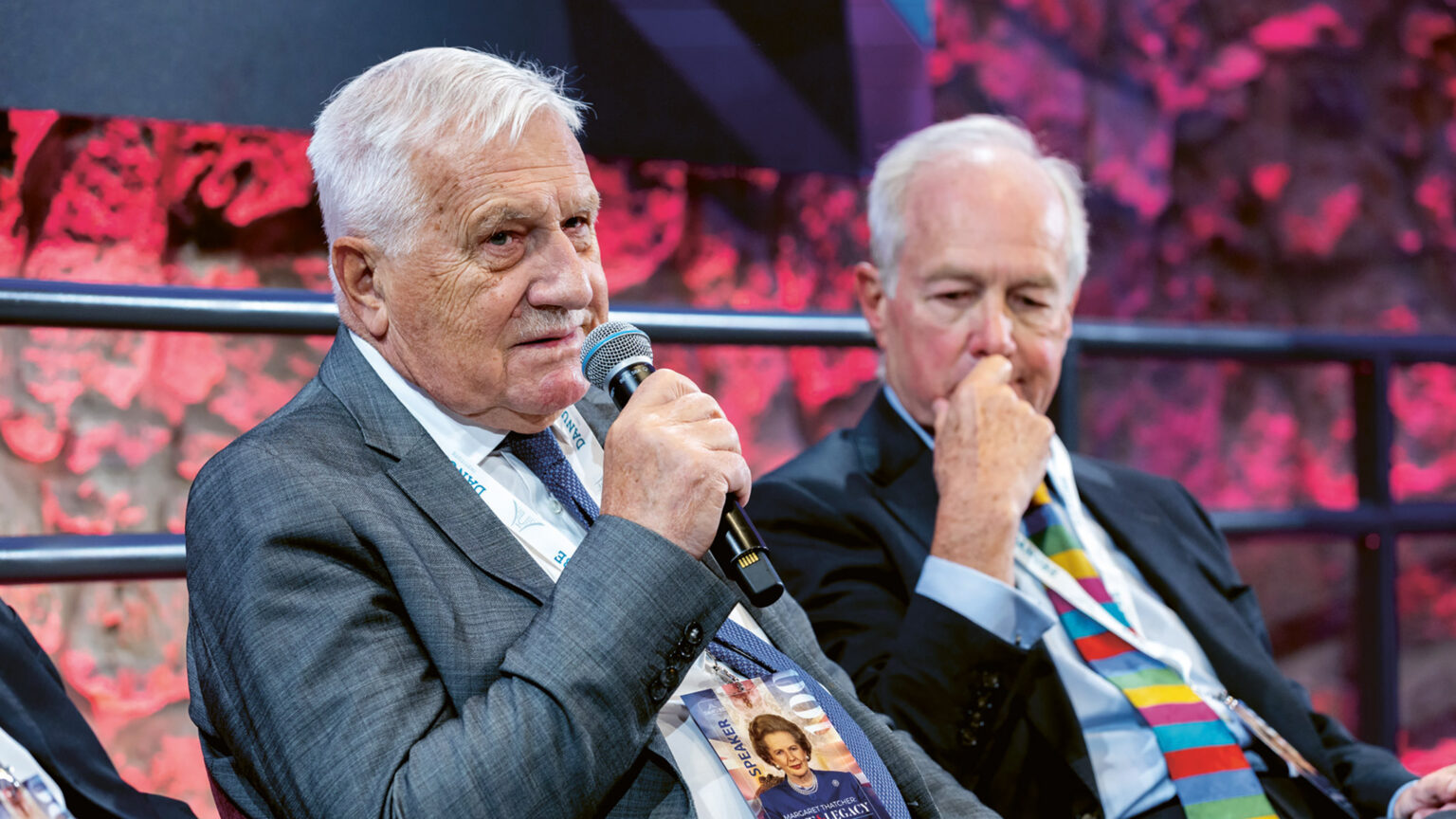
‘Margaret Thatcher’s legacy is alive and will stay with us on condition that we keep it alive. Much to my regret, today’s political reality, the current intellectual climate, as well as the public mood, have moved very far from her views and her era.’
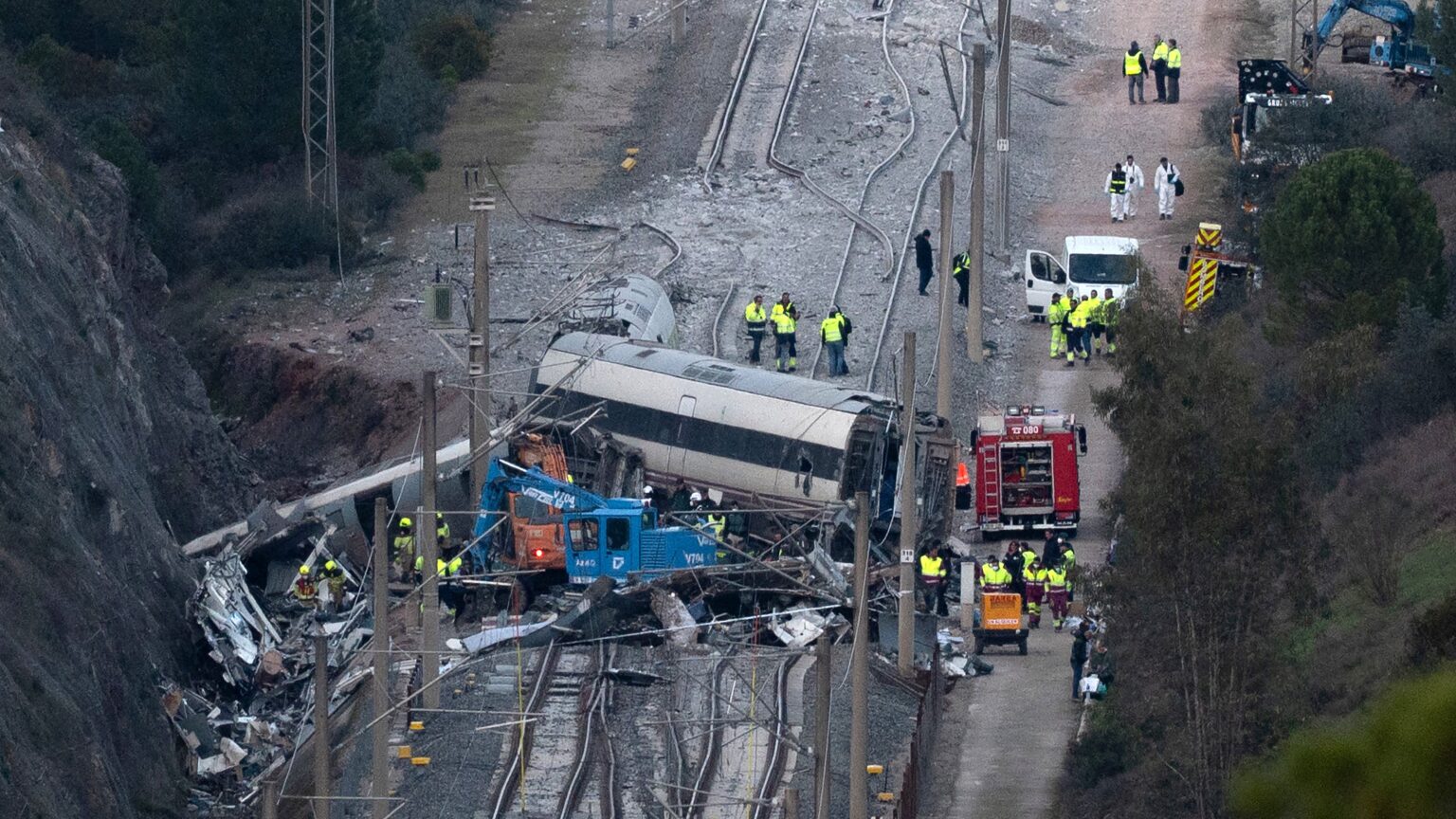
‘This is why socialism’s failure is not primarily economic, but institutional and, ultimately, moral. By instrumentalizing the state, it shields public power from scrutiny and accountability. Adamuz, therefore, is not merely a disaster of steel and speed. It is a case study in what happens when institutional quality is sacrificed to ideology…’

Mass layoffs at The Washington Post mark more than a corporate restructuring—they signal the accelerating collapse of legacy media’s authority in American public life. As trust, audiences, and revenues plunge, the upheaval reflects a deeper transformation in how citizens consume information and a growing rejection of outlets long tied to the liberal establishment.
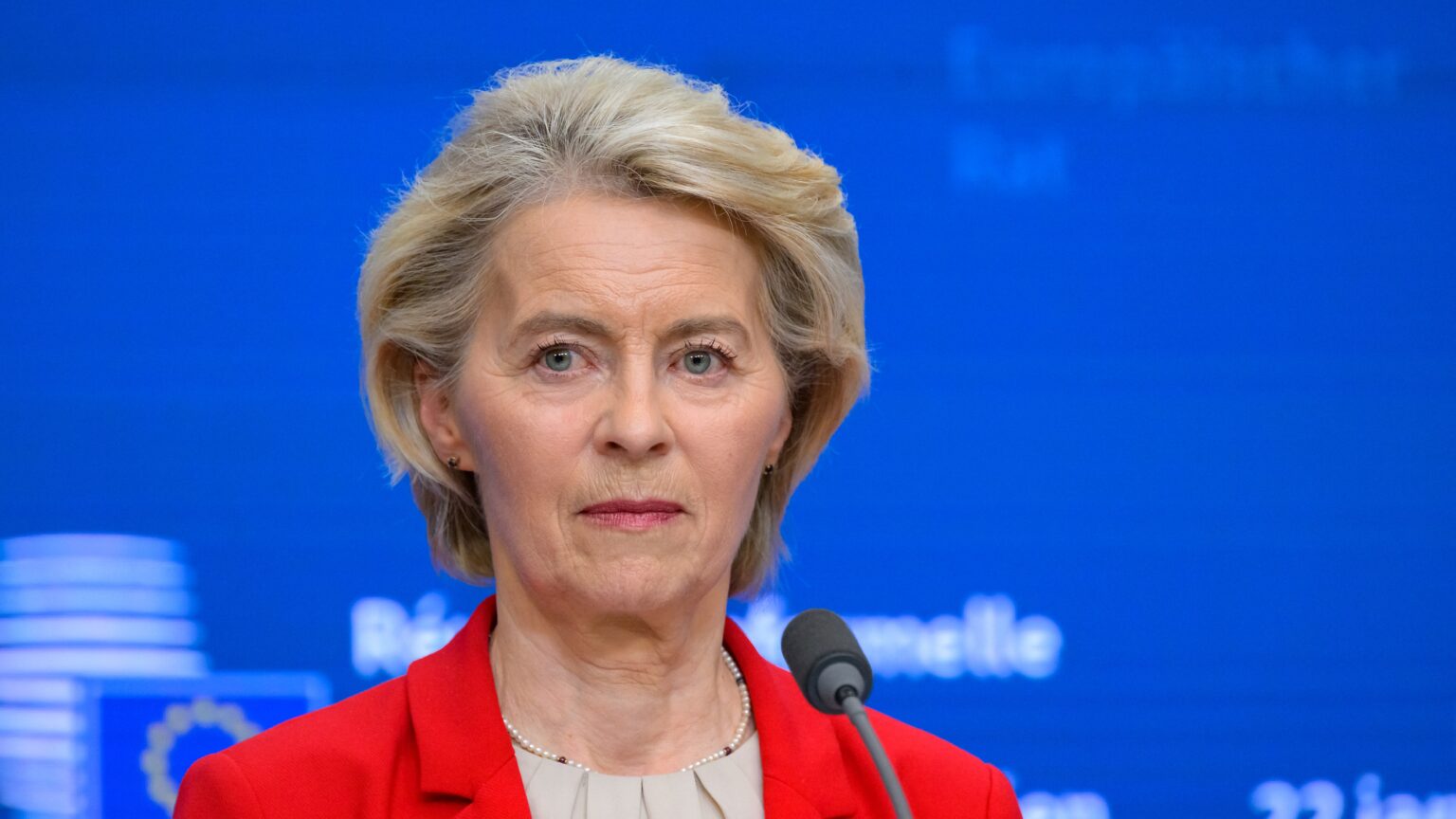
‘While Americans continue to uphold a strong belief in free speech, modern Europe has adopted a more technical approach—one focused on “right” speech rather than free speech; one that censors expression strategically and discreetly.’

‘India could have learned a valuable lesson from the dismantling of Europe’s global stature and prestige. The ease with which it occurred was breathtaking.’
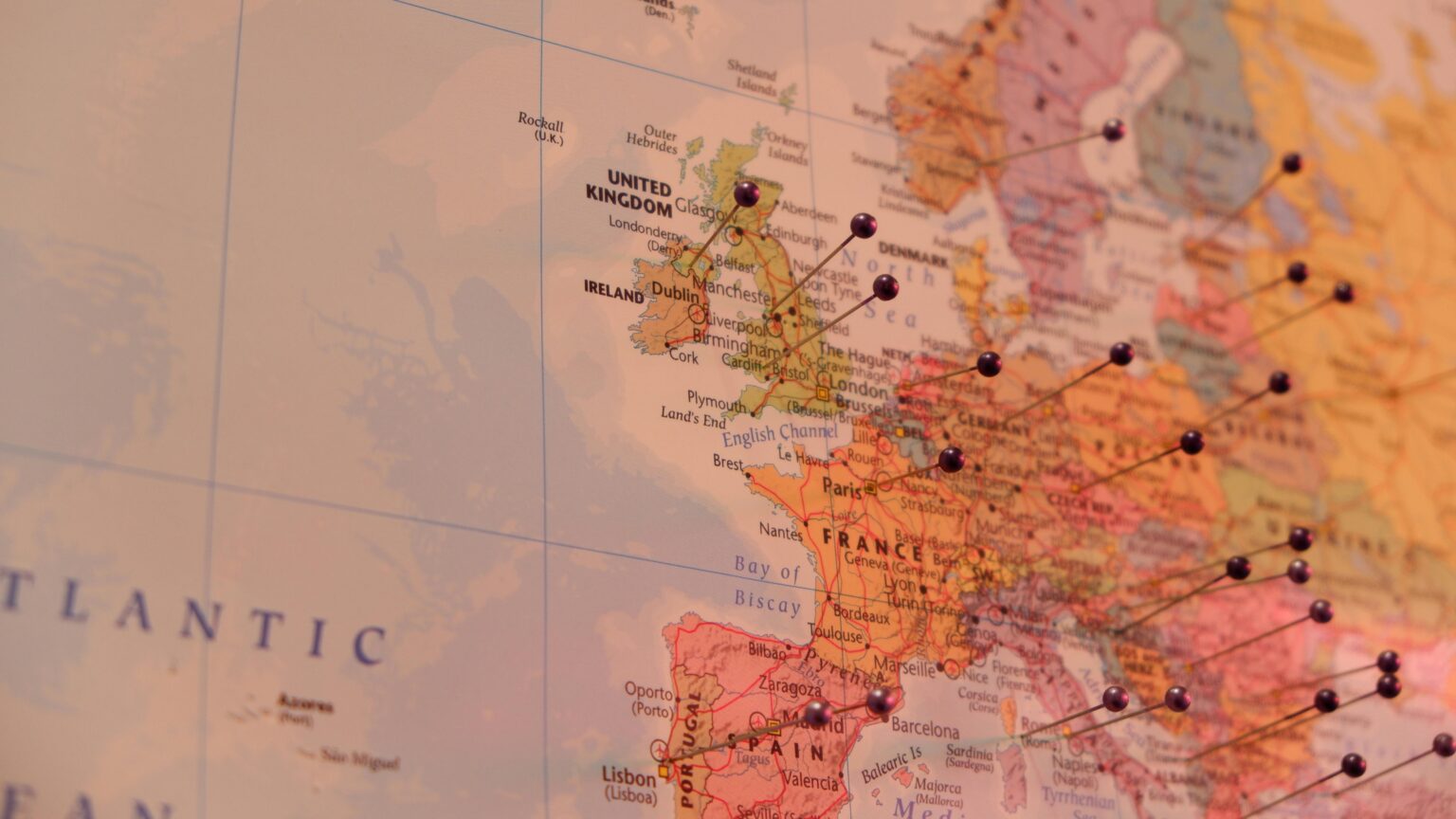
‘Yes, it is true that many Americans cannot quote Goethe from memory. It is also true that most self-employed American tradesmen outperform European middle-class workers by a significant margin.’

‘Truth be told, it is not in America’s national interest to start a war with Iran.’

‘Farage needs technocrats. And since people capable of running nations do not exactly grow on trees, that means he has little choice other than to start raiding other parties for their so-called experts.’
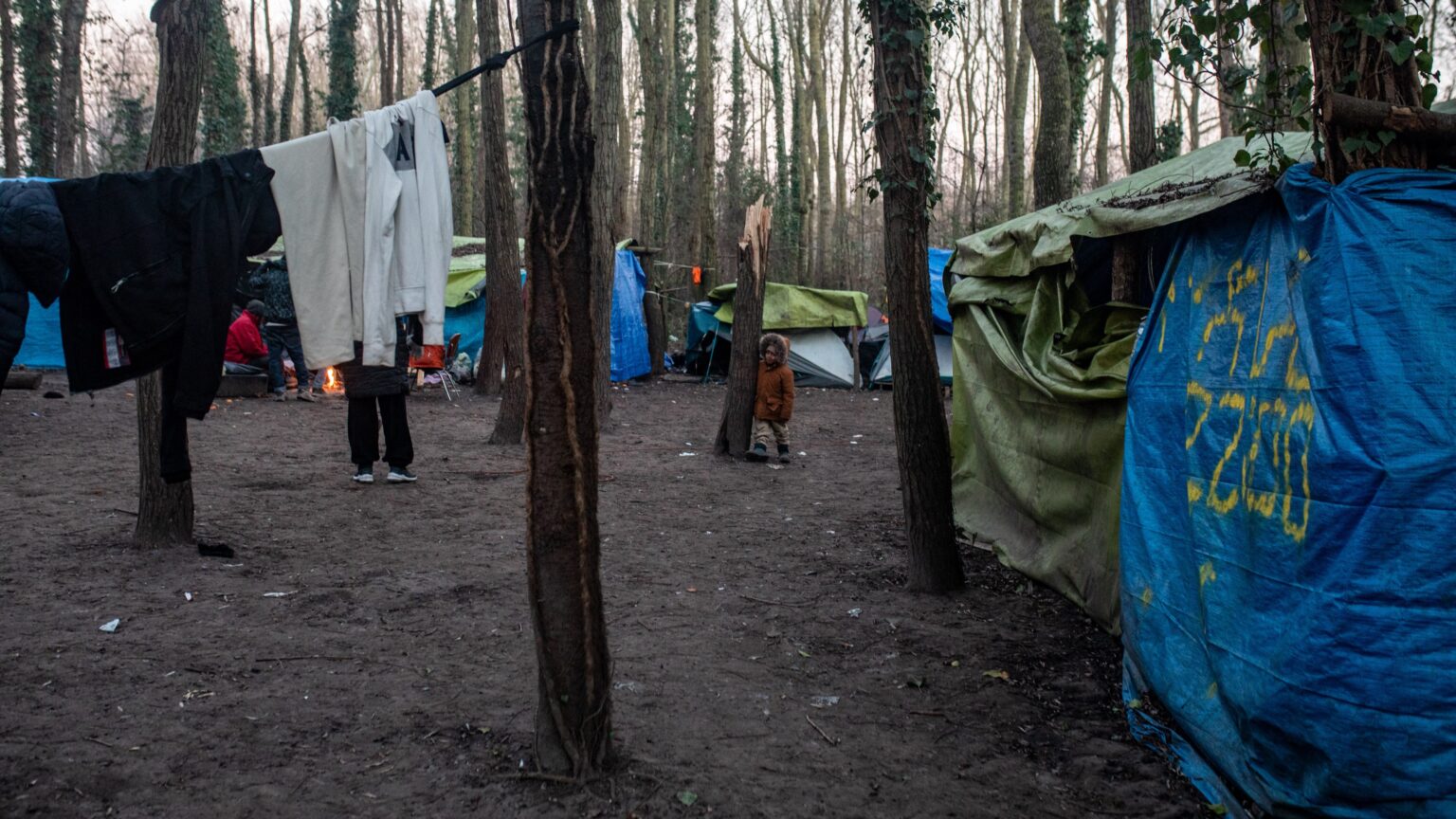
‘ As the last three decades have shown, the EU’s migration and asylum policy is an abysmal and absolute failure.’
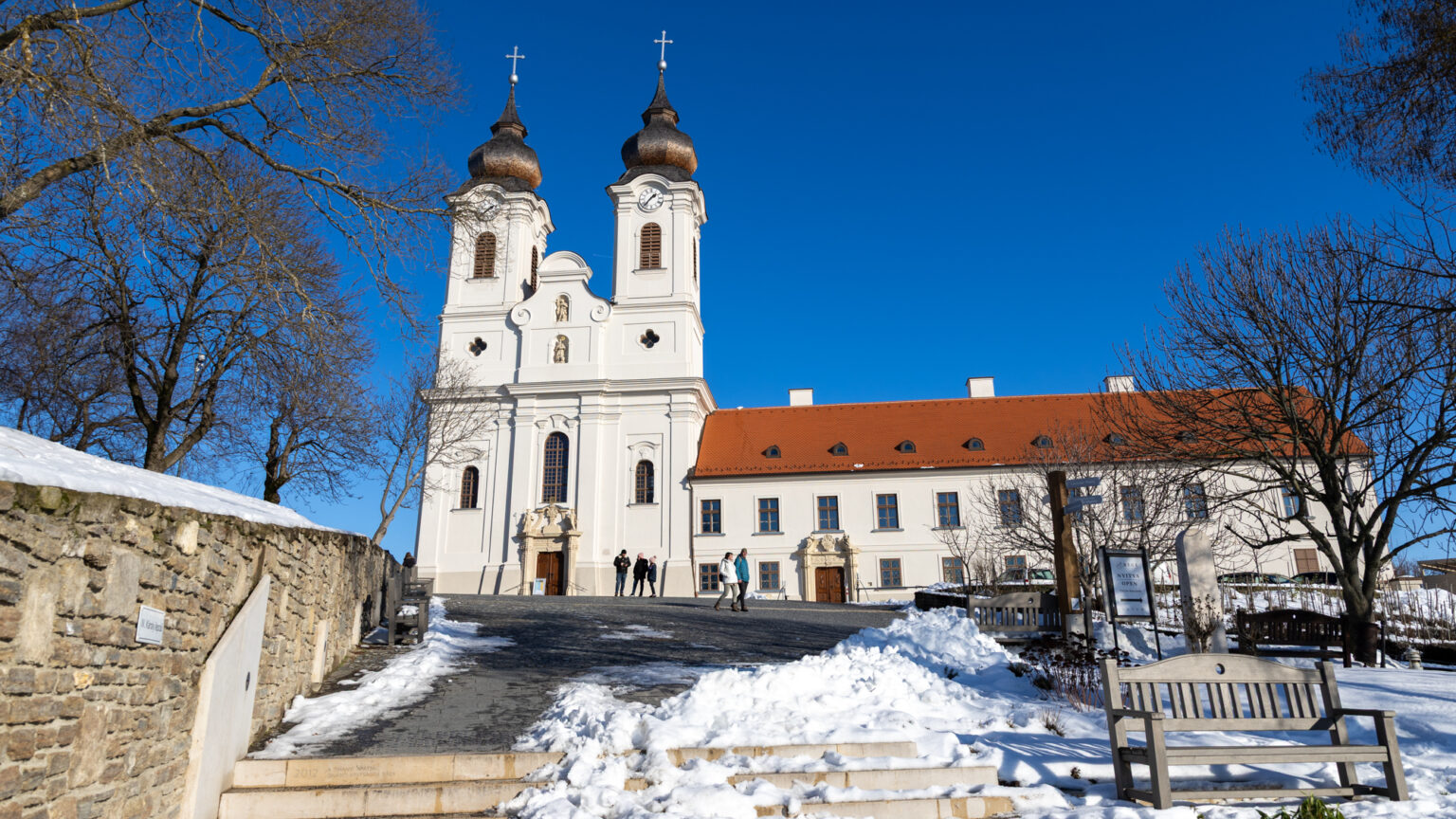
‘It pains me to say that the Netherlands, like much of Western Europe, is rapidly dismantling what was built over centuries. Uncontrolled mass migration, an aggressive focus on “net zero” climate policies, and the erosion of national sovereignty…all contribute to this process. Some Dutch citizens have tried to resist this trend.’

‘As the latest voting results from the European Parliament demonstrate, neither the climate nor the quest for electoral victory is well served by sacrificing balanced judgment and political realism on the altar of activism and virtue signalling.’

‘It has been over a decade since Western media began (and continues) to demonize Orbán for his uncompromising position against migration. This passage of time is useful, as it allows us to look back and evaluate Orban’s logic for rejecting migration in light of what has actually happened over the last ten years.’

‘You can talk all you want about international niceties and everything else. We live in a world…that is governed by strength, that is governed by force, that is governed by power.’
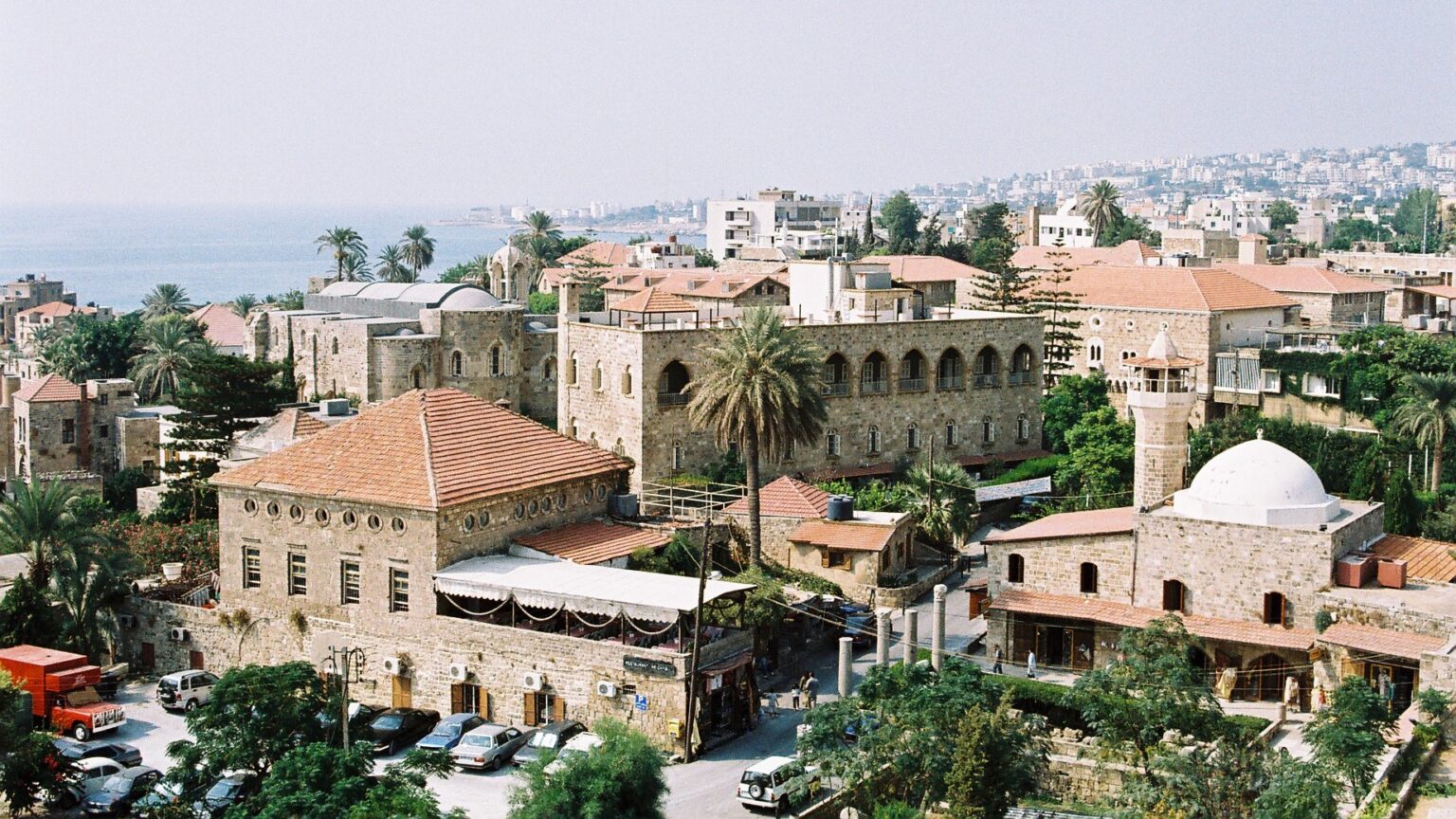
‘It is fair to say that, since its independence, Lebanon has rarely experienced a decade without facing either internal or external conflict. This reality helps explain why Lebanon’s economy has persistently struggled and why it is one of the few countries in the world where the size of the diaspora exceeds that of the domestic population, at an estimated ratio of three to one.’

‘The coming years will…not be about returning to the past, but about shaping a stable future—one in which nations remain the cornerstone of international order, cooperation remains possible without coercion, and Europe remains strong precisely because it respects the sovereignty of its members.’

‘Indeed, if anything—as the Hungarian model demonstrates—a healthy sense of Christian nationalism and identity turns out to be protective of Jewish human rights and dignity, certainly in comparison with those Western environments shaped by secular liberalism.’

‘The return of the power of the Marque will underscore enduring truths in global affairs: that laws of war bend to state needs, and quasi-legal private forces remain potent instruments.’

‘The proof of the slur “woke’s” uselessness is that mass indifference to and aversion toward “woke” policies has done nothing to prevent their enforcement in the first place; therefore, the mass appeal of anti-woke content will likewise do nothing to counter these policies.’
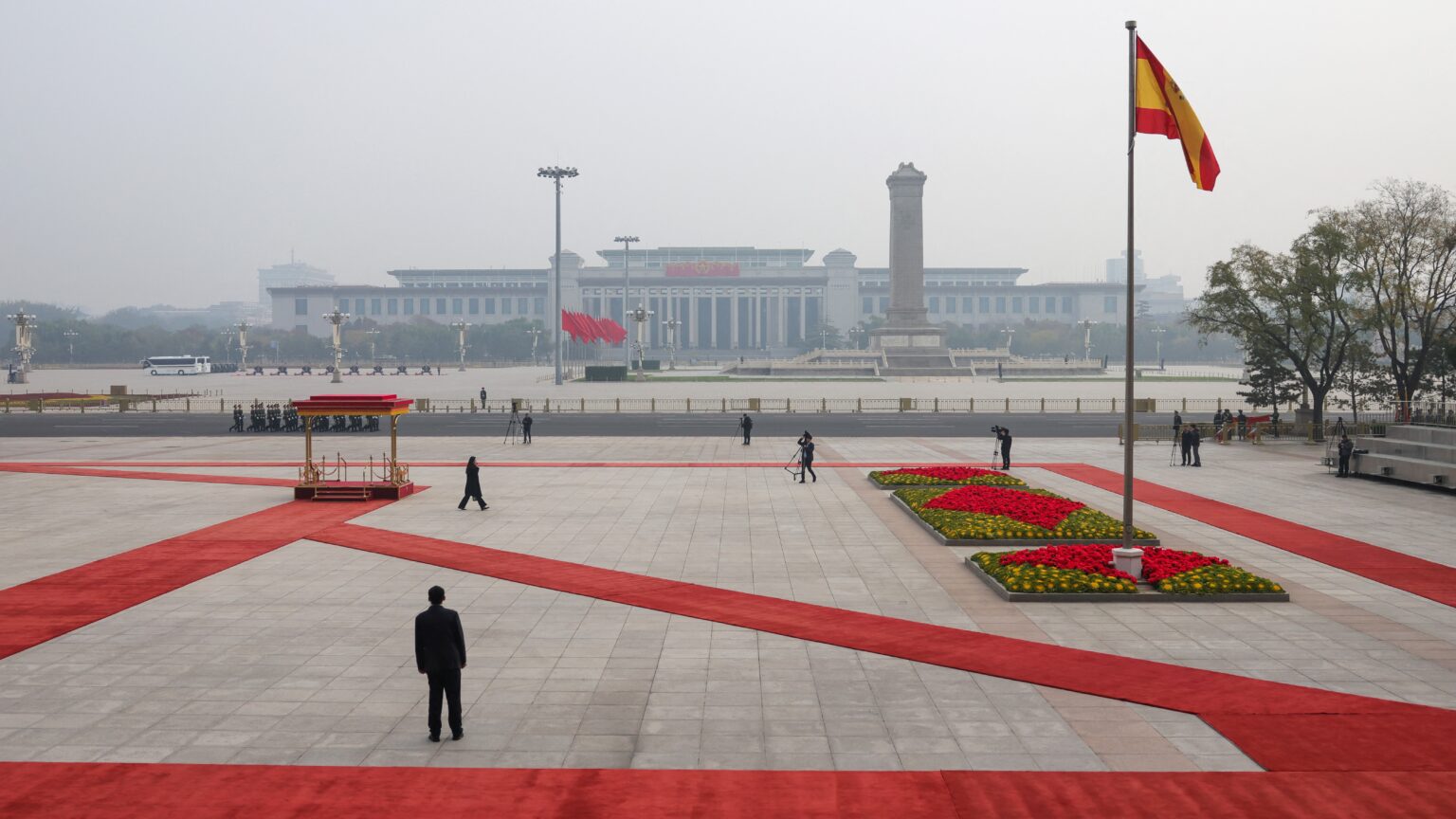
‘The PRC’s peaceful rise and commitment to economic partnership and global security is a theme it has projected since its inception in 1949.’

‘The honest takeaway from the year’s first two to three weeks is this: to the American Empire, everything remains on the table. Yet its interest in the world has never been narrower. The United States is not retreating from the globe, but from those regions that no longer yield dividends. For the same reasons, China and Russia will likely follow suit.’